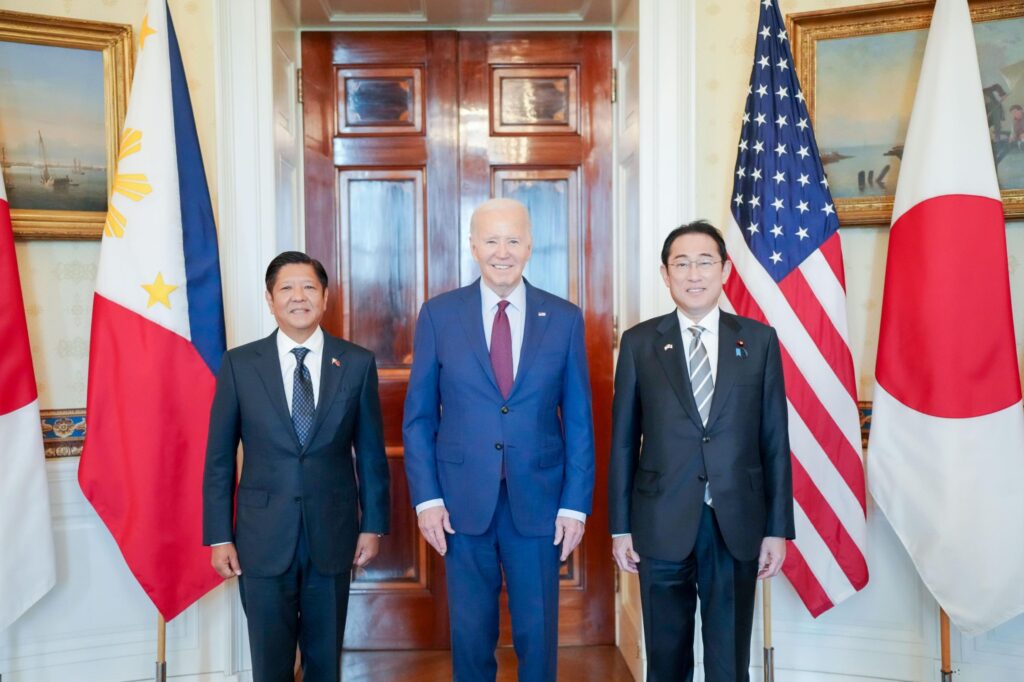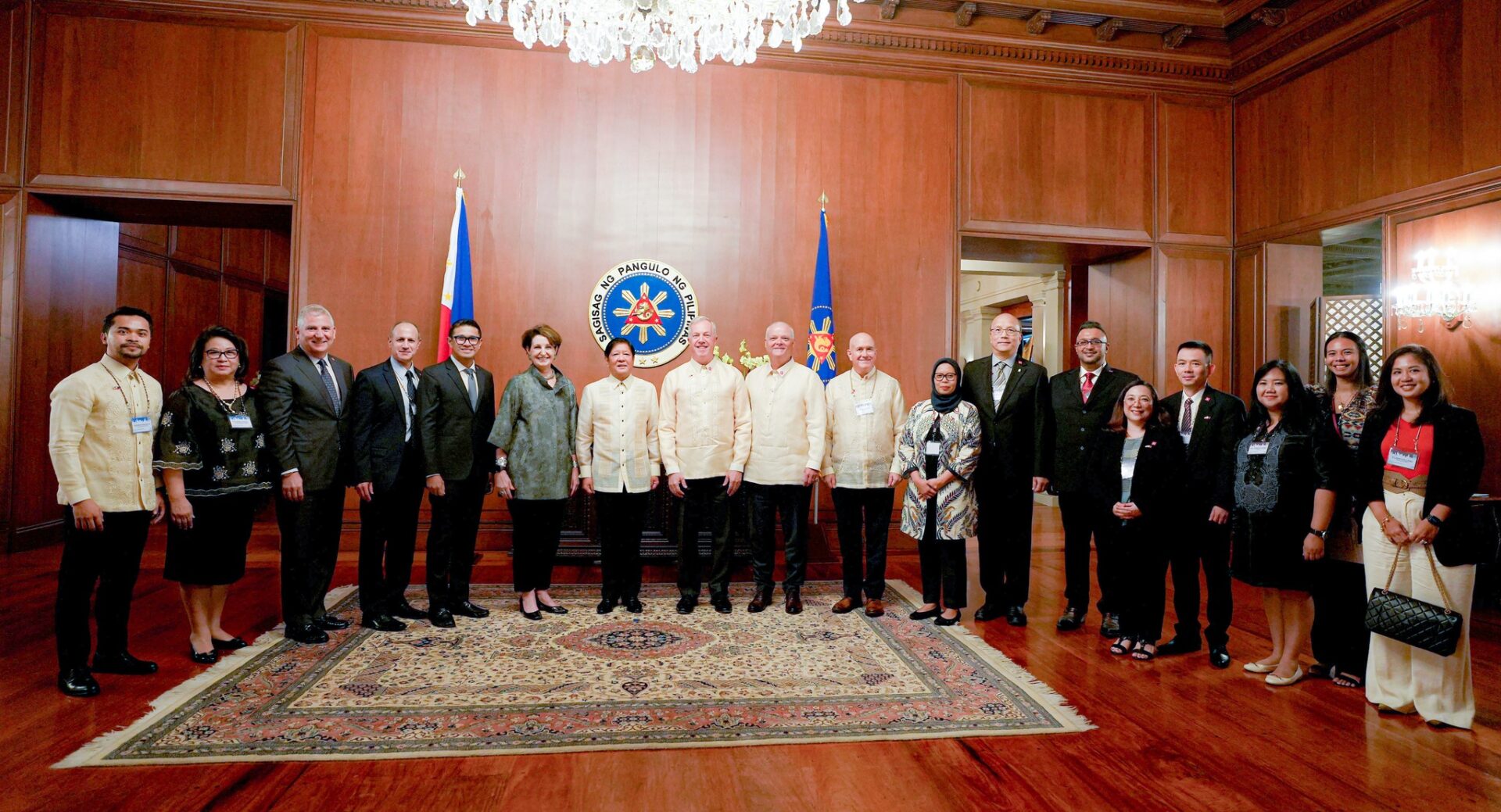Philippines expand defense cooperation with U.S., key allies

In April 2024, leaders of the United States, Japan, and the Philippines gathered in Washington for a historic trilateral summit between the three Indo-Pacific allies. Within the Joint Vision Statement are commitments to multilateral defense exercises and joint augmentation of maritime domain awareness. Notably, the U.S. and Japan pledged support for the Philippines’ defense modernization efforts, enhanced by the recent Japanese revision of its rules regarding military exports. The revision permits Japan to export weapons components to the Philippines with American approval, presenting new opportunities for U.S. companies with a manufacturing presence in Japan.
The trilateral announcement comes amidst a growing shift in U.S. Indo-Pacific strategy moving away from a hub-and-spokes system towards a “latticework” structure emphasizing strong ties between different U.S. allies in various multilateral partnerships. The Philippines, a major U.S. ally, has been actively engaging with other U.S. allies and partners. In July 2024, the Philippines signed a Reciprocal Access Agreement with Japan, allowing for the two countries to operate their militaries in each others’ respective territories for joint drills, in addition to being one of six Asian recipients of Japan’s Official Security Assistance funding. Manila has also expanded defense ties with Australia, while increasing military cooperation with like-minded regional partners including India and Vietnam.
The benefits of the latticework structure are clear. In addition to strengthening ties between allies and partners, it can facilitate greater supply chain coordination in the defense industry, especially once the 2025 National Defense Authorization Act (NDAA), with its provisions for Indo-Pacific partnerships, passes the U.S. Senate and House. However, there is also a risk that careful oversight by the United States is delayed due to domestic political uncertainties, which may pose a risk to U.S. companies in competition with competitors from designated allied and partner nations.







